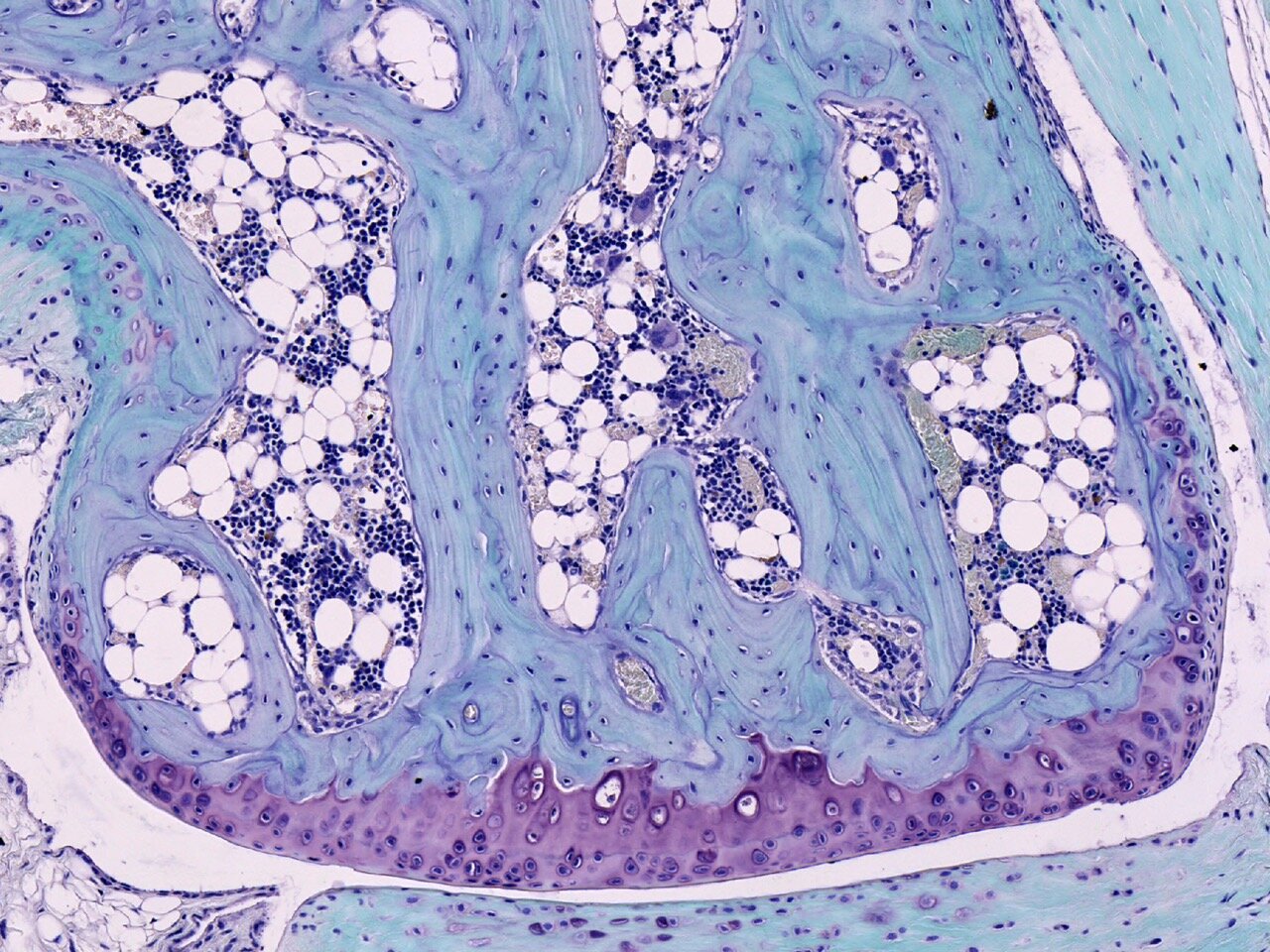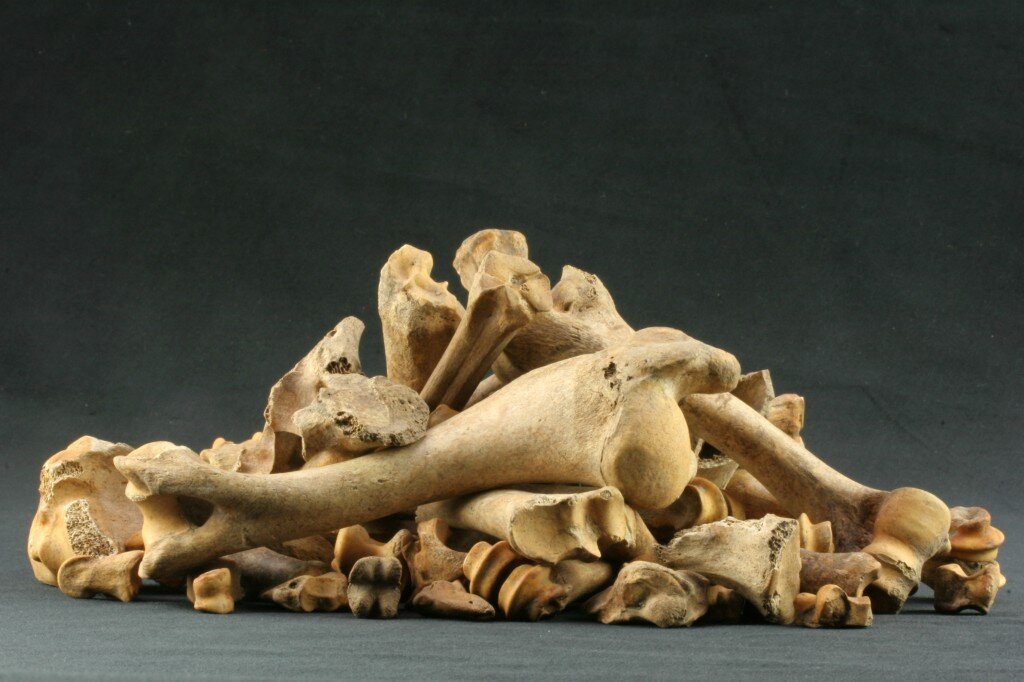
Regrowing Cartilage in Mice May Mean Good Things for Arthritis Treatment
Researchers at Stanford have good news for the future of arthritis treatment. In a paper published in Nature Medicine, Stanford professors and visiting researcher Matthew Murphy, PhD discovered a method that resulted in the regrowth of cartilage in mice.
That’s pretty remarkable when you consider up until now, the medical community believed that once cartilage was gone, it was gone for good. Losing this critical layer of tissue between bones is what leads to the pain of arthritis and it can be lost through injury or just plain old age. Most of the treatments we have now involve invasive surgeries like joint replacements or long-term pain management regimens.

How Curved Are Your Bones? Smart Bones Can Minimize Fracture Risk
An interesting study from the Royal Veterinary College in London has provided insight that smart bones can evolve and regulate its shape to minimize risk of fracture.
The results, published in Science Advances and reported here, indicate that the bone’s responses to physiological forces is not related to mechanical stimuli, but rather, is length dependent and “highly targeted” for load predictability.

New Sensor Integrated Within Dental Implants Monitors Bone Health
Researchers at Beheshti University have developed a new sensor that can be integrated within dental implants to passively monitor bone growth. As reported in the IEEE Spectrum Magazine, the Ti-PEEK hybrid implantable does not require any battery and can measure changes to the surrounding electrical field following implantation.
